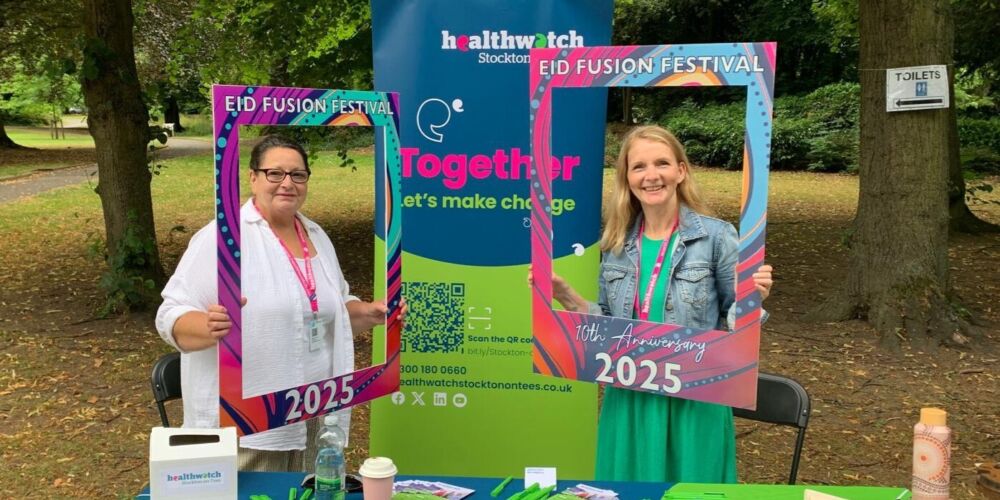Feedback from staff highlighted a range of pressures affecting cancer support services, including contract uncertainty, increasing workloads, and noticeable variation in the support available across different sites. Many spoke about inconsistent access to hardship funds, growing demand for fast-track cancer pathways, and the difficulty of retaining experienced staff in an already stretched system.
Participants also raised concerns about differences in staffing levels within the same Trust, which can lead to variation in patient experience and questions around equity of care. These insights made it clear that workforce stability and consistent support structures are essential for both staff wellbeing and service quality.
Our engagement work provided a safe and trusted platform for these issues to be voiced and shared directly with system leaders. We emphasised the importance of workforce development, structured training, and improved staff support, aligning this with national frameworks such as ACCEND, which aim to strengthen cancer care roles and career pathways.
By collating and presenting these insights, we supported conversations about embedding clear values, improving team cohesion, and fostering a culture where staff feel equipped, supported, and valued in their roles.

